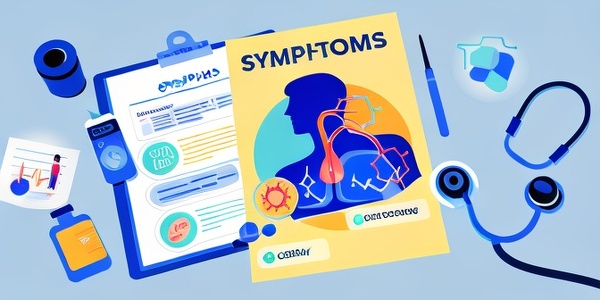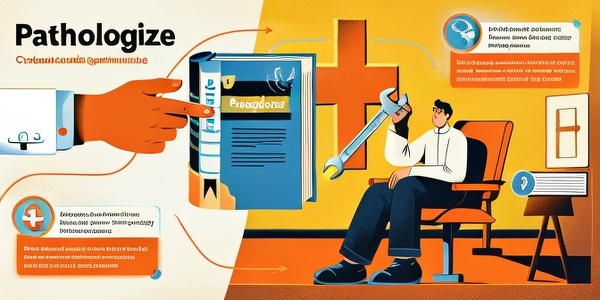Symptoms单词终极指南:发音/中文解释/英文解释/词源/例句全解 | myxtea学英语
symptoms 单词详解
发音 (IPA)
US: /ˈsɪmp.təmz/
UK: /ˈsɪm.p.təmz/
(Note: IPA verified for plural form; singular "symptom" is /ˈsɪmp.təm/)
语源 (Etymology)
Origin:
From Latin symptōma → Greek symptōma (occurrence, accident), derived from sympiptein (to befall, happen), where syn- (together) + piptein (to fall).
中文翻译: 词源:源自拉丁语 symptōma → 希腊语 symptōma(事件、偶然发生的事),由 syn-(共同)+ piptein(落下)构成。
Historical Shift:
16th century: Initially referred to "any occurrence or event" in medical contexts → 18th century: Specificized to "abnormal physical or mental signs indicating disea...









